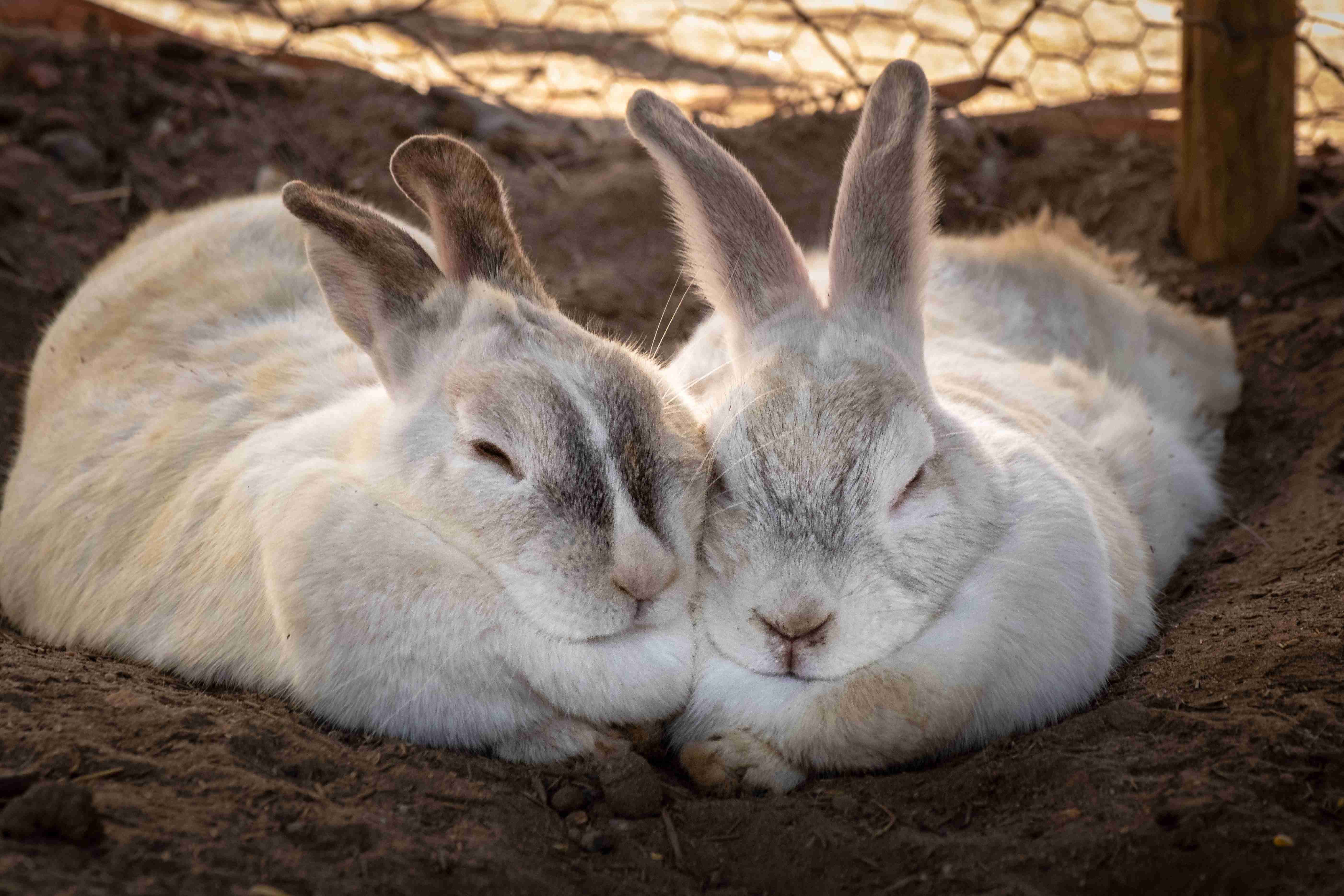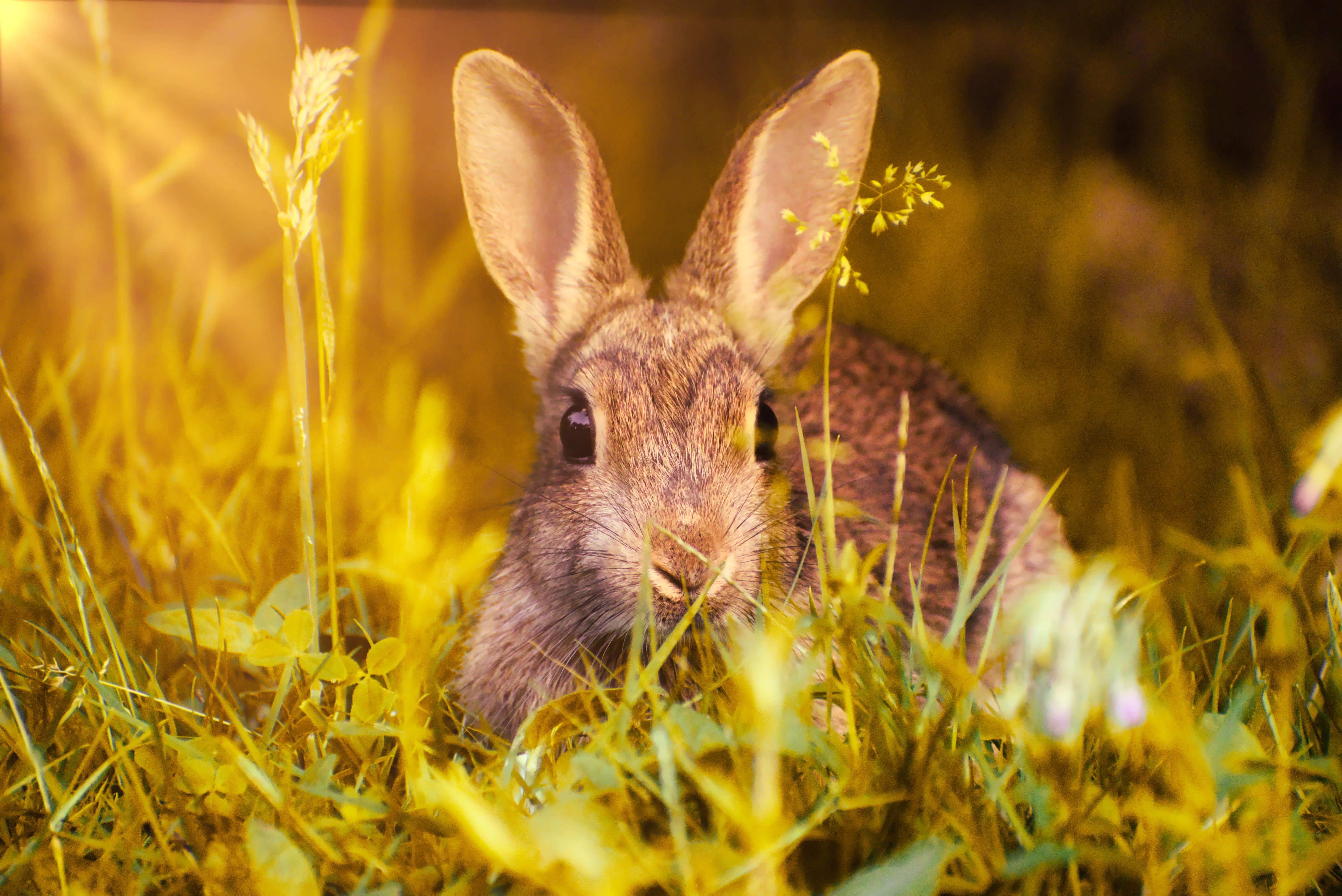As pet owners, we know how important it is to keep our furry friends healthy and happy. However, sometimes even with the best care, pets can become sick. If you are a rabbit owner, it’s important to be aware of the signs and symptoms of respiratory infection in rabbits and how to take care of them. In this post, we will discuss the five essential steps that every rabbit owner should take to treat respiratory infection in their pet rabbits. Whether you’re a seasoned rabbit owner or a first-time pet parent, this guide will provide you with the knowledge and tools you need to help your bunny recover from a respiratory infection. So, let’s jump in!
Rabbits are cute, furry and adorable creatures that are often kept as pets in homes. They are low maintenance and can be quite affectionate towards their owners. However, like other pets, rabbits can suffer from various illnesses, including respiratory infections. If your rabbit has a respiratory infection, it is essential to act quickly to ensure they receive the appropriate treatment. Here are five essential steps to treat respiratory infection in pet rabbits:
- Identify the symptoms of respiratory infection in rabbits
The first step in treating respiratory infection in your rabbit is to identify the symptoms. Some common symptoms of respiratory infection in rabbits include sneezing, coughing, discharge from the nose and eyes, difficulty breathing, and a reduced appetite. If your rabbit has any of these symptoms, it is essential to take them to a veterinarian immediately.
- Visit a veterinarian
A veterinarian is the best person to diagnose and treat your rabbit’s respiratory infection. They will perform a physical examination and may also take X-rays or perform other tests to determine the severity of the infection. Once they have diagnosed the infection, they will prescribe medication to help your rabbit recover.
- Administer medication
.jpg)
Administering medication to your rabbit can be tricky, but it is essential to ensure they receive the correct dosage. Your veterinarian will prescribe medication based on the severity of the infection and your rabbit’s weight. It is essential to follow the instructions provided by your veterinarian carefully.
- Provide supportive care
Supportive care is crucial in helping your rabbit recover from respiratory infection. Ensure that your rabbit is in a warm, dry, and comfortable environment. You can also use a humidifier or steam to help your rabbit breathe easier. Additionally, provide your rabbit with plenty of fresh water and food to help keep them hydrated and nourished.
- Prevent future respiratory infections
Preventing respiratory infections in rabbits is essential to ensure they remain healthy and happy. You can prevent respiratory infections by providing your rabbit with a clean and well-ventilated living environment. Additionally, ensure that your rabbit’s diet is well-balanced and contains all the necessary nutrients. Regular checkups with your veterinarian can also help identify any potential health issues before they become serious.
Overall, respiratory infections can be severe and potentially life-threatening in rabbits. However, by following these five essential steps, you can help your rabbit recover from respiratory infections and prevent them from occurring in the future. Remember to seek veterinary care immediately if you suspect your rabbit has a respiratory infection, as early diagnosis and treatment can help improve their chances of recovery.
In conclusion, respiratory infections are a serious health concern for pet rabbits. As a responsible rabbit owner, it is your duty to ensure that your pet is healthy and happy. By following the five essential steps outlined in this guide, you can help treat your rabbit’s respiratory infection and prevent it from becoming a chronic condition. Remember, prevention is key, so make sure to keep your rabbit’s living environment clean and provide them with a balanced and nutritious diet. With proper care and attention, your furry friend can enjoy a long and healthy life by your side.
Please follow us on Social Media


.jpg)
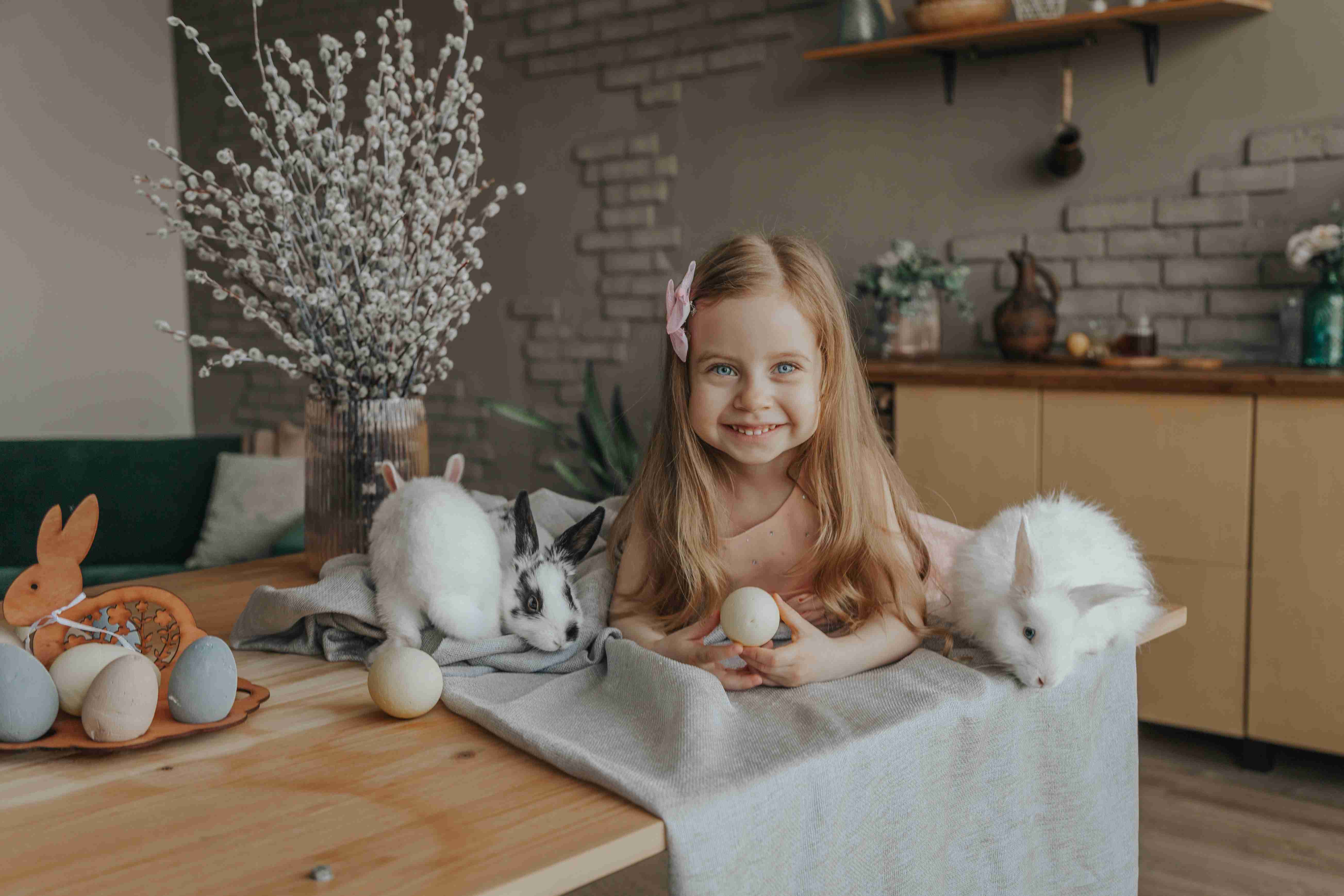
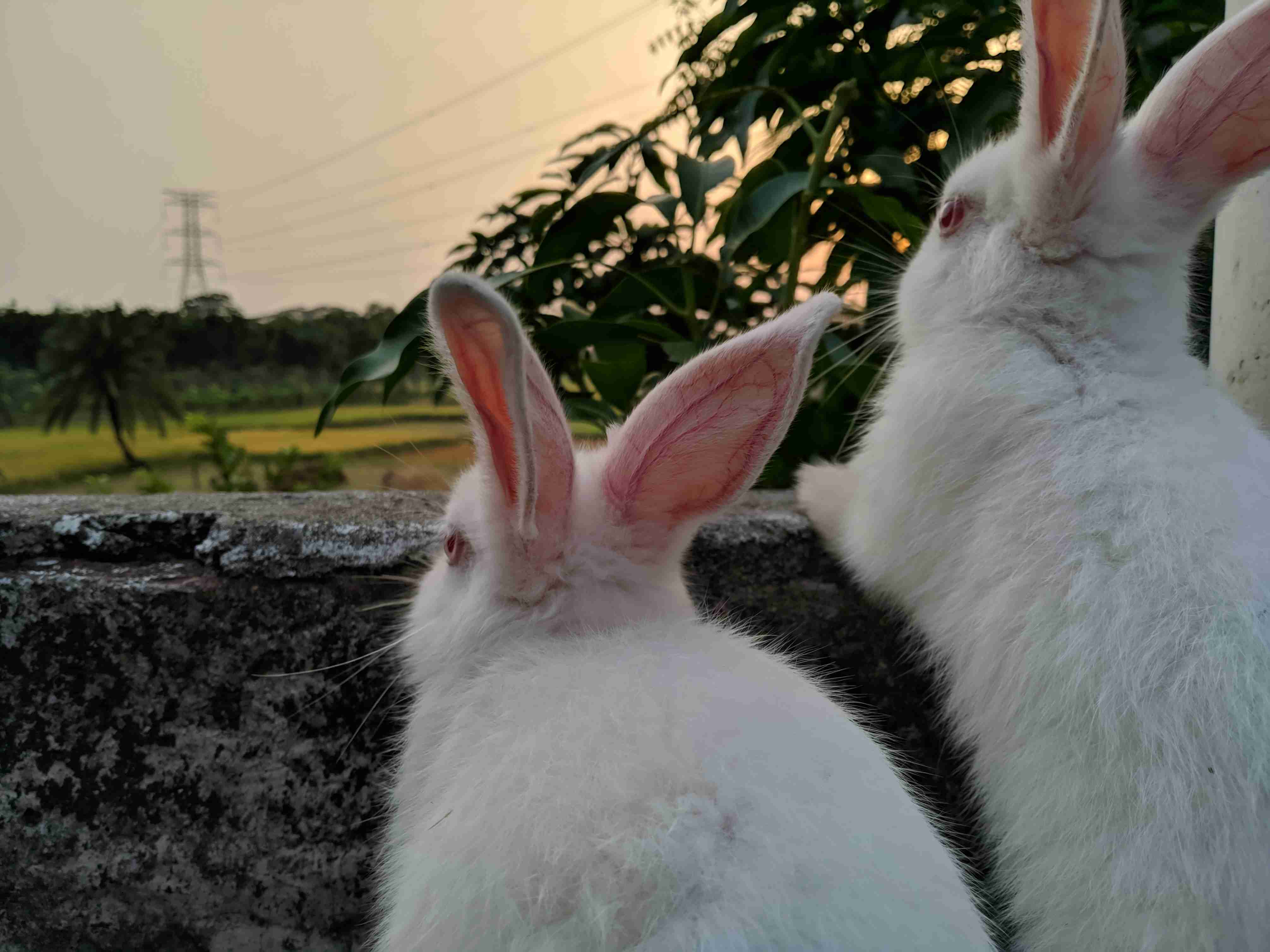
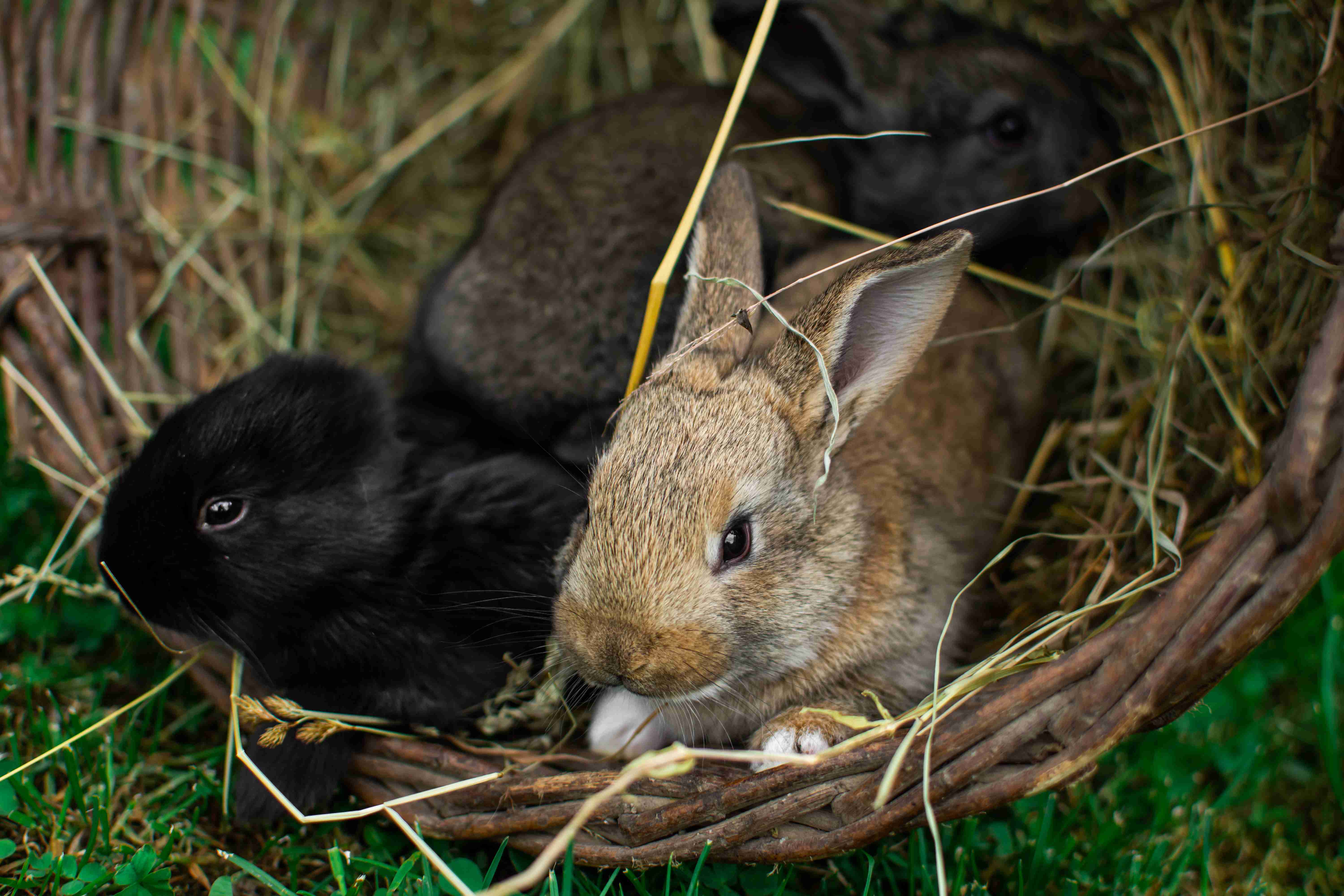
.jpg)
